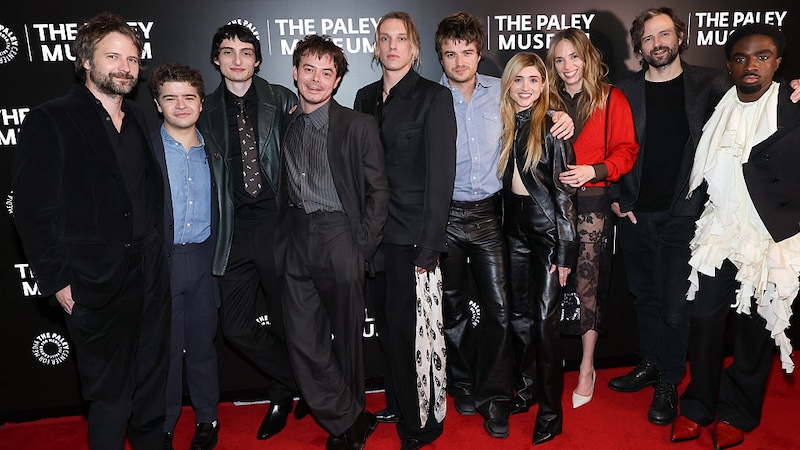Byrd Man
BOOMER interviews the dedicated organist of the Byrd Theatre.
The Mighty Wurlitzer was on the fritz.
Bob Gulledge spun around on his bench and faced the packed house at the historic Byrd Theatre in Richmond. “You heard that,” he said. “It’s a stuck note, and I have to fix it. So you enjoy the movie and thank you for coming.”
There was a collective sigh as the organist got off his bench and walked to a side door. He climbed 40-some steps to the fourth floor of the theater to examine the guts of the massive organ. Within minutes, he fixed he problem. Then he went back to the theater – where he was stunned to find there was no movie on the screen.
Everyone was waiting for him.
“Do you still want me to play?” he asked. And the theater thundered with applause.
REQUITED LOVE
That was a half dozen years back, but nothing has changed. “Richmond has a real love affair with the Mighty Wurlitzer,” says the 61-year-old organist. Then he adds with a chuckle, “They have to love it to sit in these lousy seats week after week.”
Richmond also has a love affair with Gulledge. For the past 18 years, this bespectacled and soft-spoken grandfather of three has been a mainstay at the Byrd. Each Saturday, he drives 115 miles from his Virginia Beach home to play on one of the world’s few remaining original Wurlitzer organs.
“I love it here,” he says. “I love the organ and I love the people. Richmond has a real sense of community.”
Community indeed! On any given night at the Byrd, one is likely to encounter small children with their parents; tattooed, pierced and dreadlocked college students; and button-downed and Ann-Taylored baby boomers arm in arm … with their parents.
An 86-year-old “movie palace,” the Byrd features second-run movies for a buck-99. Patrons sit on lumpy seats but amid eye-popping splendor: elaborate oil paintings, marbled walls, gold-leaf arches, a spectacular crystal chandelier, a cantilevered balcony and, of course, a Wurlitzer designed specifically for the theater.
The Byrd was built at a time when silent movies were accompanied by music and sound effects performed by a one-man band on a Wurlitzer.
At the Byrd, that one-man-band is Gulledge.
WEAVER’S PROTÉGÉ
“I didn’t come from a musical background,” says the brown-haired, blue-eyed Gulledge. “But ever since I was a child in church, I have been fascinated by the organ.”
When he was 12, he says, he heard Eddie Weaver, the Byrd’s famed organist, play the Wurlitzer, and said, “I gotta do that.”
Immediately, he started bugging Weaver for lessons, calling him every couple of months until the old master took him under his wing. In time, the student got good enough to man the organ at Loew’s Theatre and at Parker Field baseball games.
In 1996, Gulledge accepted the job with the Byrd. Two months later, he was diagnosed with a brain tumor. Fortunately, it was operable. Unfortunately, he says, “During the operation, the doctors cut an acoustic nerve on the right side of my head. It cost me my hearing in my right ear, my balance and … my golf game. I can’t take a swing without falling over.”
But he can still play that organ. And he does so for two 12-minute shows every Saturday night. When he isn’t performing, Gulledge makes his living as a salesman. He has sold everything from musical instruments to pharmaceuticals. Selling pays the bills, he says, but music nurtures the soul.
“It fills you up,” he says. “When you ask the audience to sing along — even something as simple as ‘Take Me Out to the Ball Game,’ they sing so loud you can’t hear the organ. It’s the most exhilarating thing you’ll ever do. There’s not a lot of money in playing music, so you don’t do it for money. But it gives you satisfaction. Real satisfaction.”


